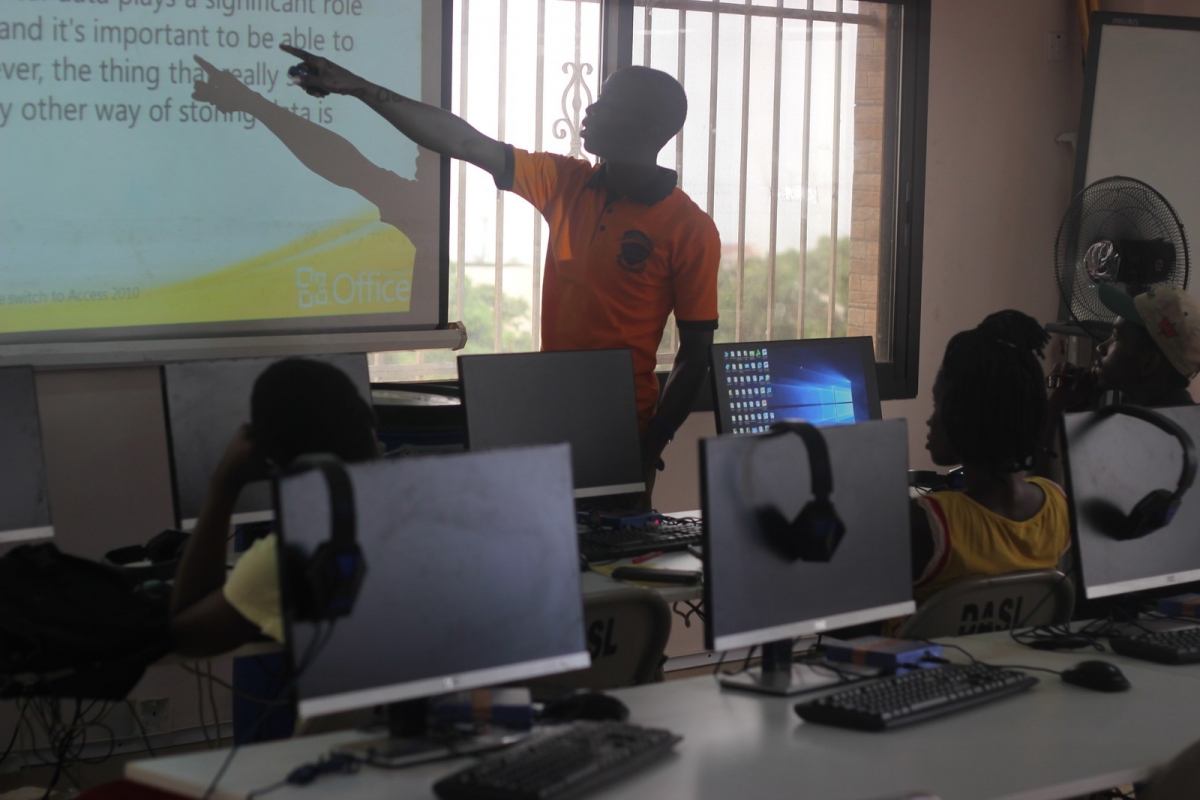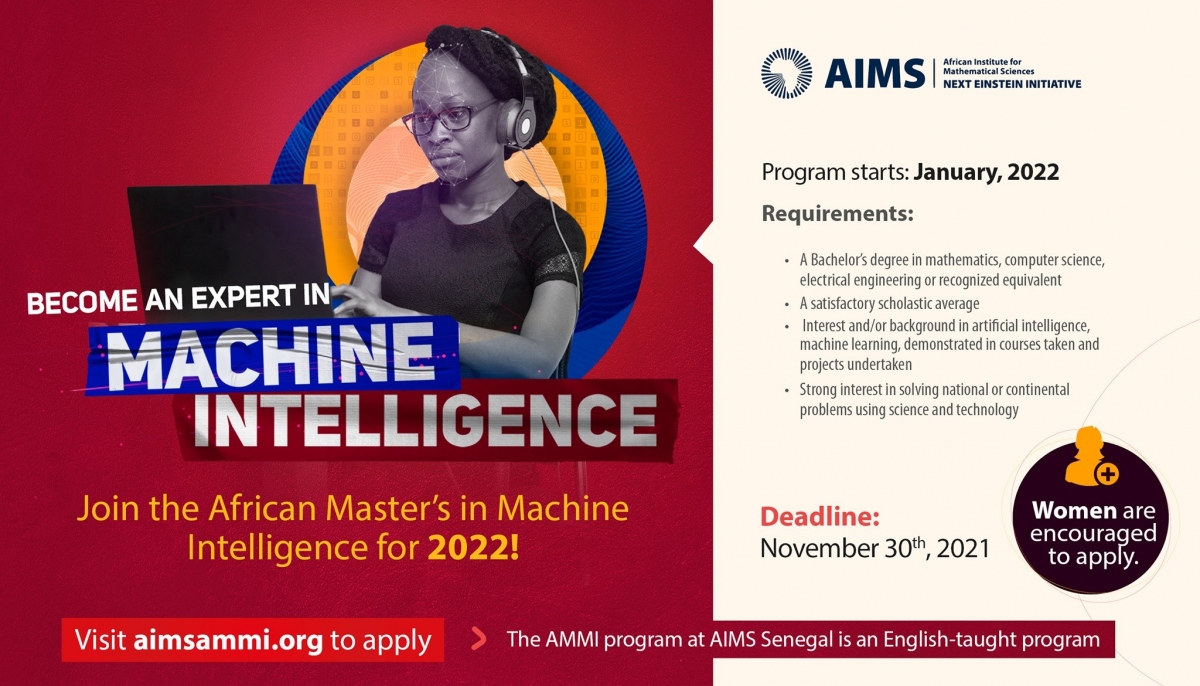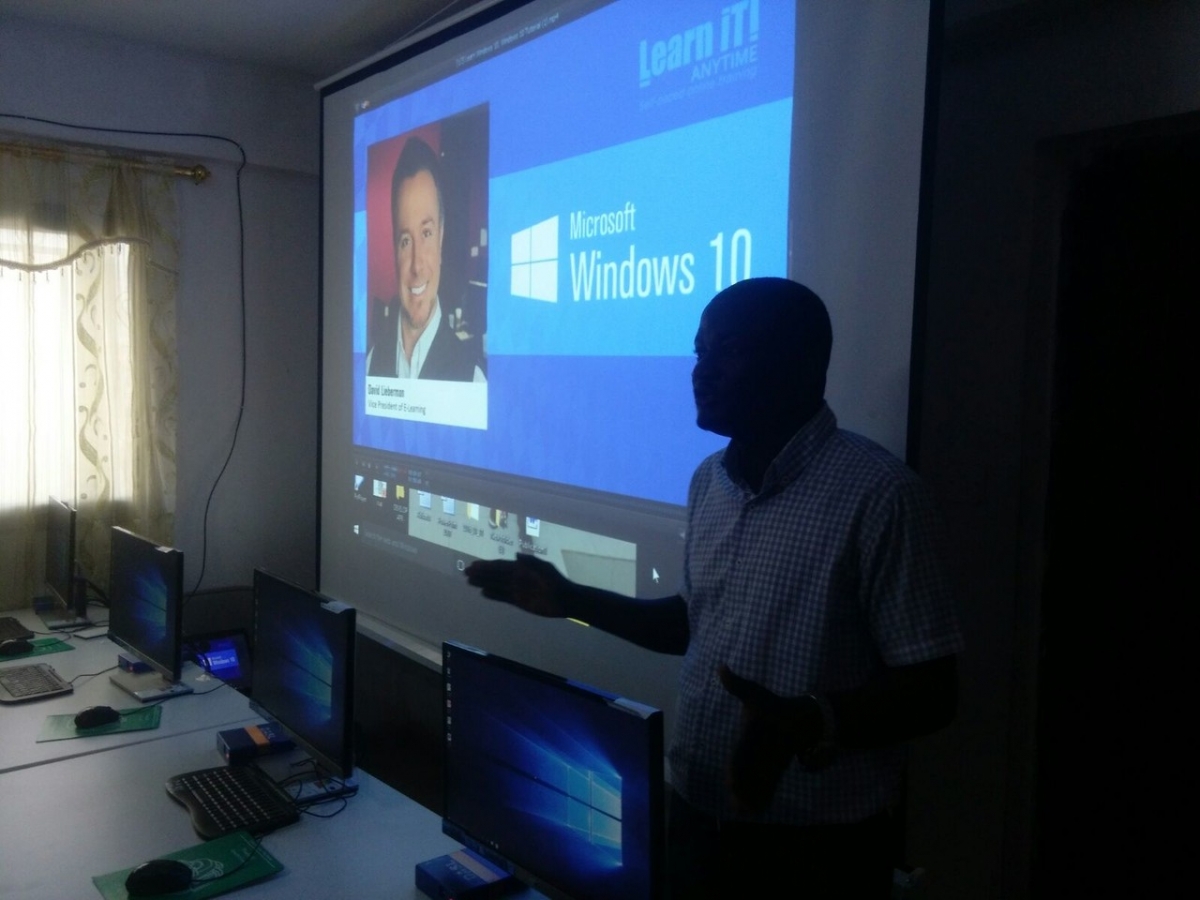
When Munga Maseru, an IT expert working in Kenya, joined a MOOC (Massive Open Online Course) class online, a new wave of possibilities dawned on him to learn software development professionally.
"For many years now, I've been testing software and training people how to use software," he said. "I love providing users with software solutions that help them solve problems in their day-to-day operations."
From simply testing software, his interest has now shifted to developing it. Like thousands of Kenyans interested in software development, Maseru jumped online to find educational resources tied to said interest. Platforms such as edX, Udemy, Udacity, and Coursera have gained popularity over the years, especially among web designers and developers.
"With online courses like edX, you have very responsive mobile-friendly solutions for learning on the go. I've watched videos and done exercises on the bus while commuting," he explained.

The lack of relevant courses in public and private institutions has led many others to sign up for online courses.
Learning software development online is quite possible with every MOOC platform and paid online courses propping up in every corner. This is aided by the access to the internet that the young people in countries such as South Africa, Rwanda, Kenya, Uganda, and Nigeria enjoy.
Recent studies, however, have revealed that the global lack of tech talent still stifles regions such as Europe and the US. But if developed economies are facing these shortages, then there is a more significant shortfall affecting African industries.
There is a gap to train youth on the onset of the fourth industrial revolution that will not only push Africa's economy further but take it a step closer to being at par with industry leaders.
Where is the Government?
Africa's education system does great injustice to budding software developers across the continent. There is little effort to improve computer science education to fit into the new skills and programs that are in use in the industry.
Earlier, we have established that learning software engineering could be achieved online with access to broadband becoming more pervasive. However, this coverage has only favored developed urban areas, not rural Africa.

This is where government-based software training centers come in to bridge that gap. There is more talent in the rural, undeveloped areas than thought, and they should not be left behind.
Rwanda, a landlocked country in East Africa, has taken digital talent to a higher level. The said country played a critical role in improving its IT infrastructure and training IT and software talent to improve its service delivery.
In October 2020, the African Institute for Mathematical Sciences (AIMS) launched its African Masters in Machine Intelligence in its Rwandan campus and onboarded partners such as Facebook and Google.

"AMMI is novel one-year intensive foundational masters that will offer Africa's talented scientists and innovators world-class training in machine intelligence, preparing them to think about new ways to solve local and global challenges," the report from Africa.com said.
The country has in the past supported progressive learning institutions such as Carnegie Mellon to set up in the country and train local talent. Such initiatives are a positive step in nurturing local skills.
The Emphasis on Local Digital Training

Facebook, Microsoft, and other multinationals have driven many initiatives to give digital skills to youth in various African countries. Even though this is an excellent move needed, there is a bias towards introducing foreign software tools on the continent.
Do we have to have everything made by Africans? No. The software world is based on collaboration and synergies, significantly witnessed through standard collaboration tools such as Git, Trello, etc.
However, we should not look at only producing software engineers who can replicate what the leaders have done. Still, for them to come up with solutions that address the challenges, Africa faces directly, and in the process creating our own "Microsoft" and "Google."
However, the private sector has done its little share to grow expert-level skills without government interest.
Funtrench Limited is a school within Nairobi, emphasizing driving knowledge on the growing blockchain landscape.
"We train the general public and professionals in blockchain technology topics (including cryptocurrency mining and trading) to improve awareness and create the needed pool of talent to enable widespread adoption of this revolutionary new technology," Kingsley Ndiewo, the founder and CEO, said.
Entrepreneurs such as Ndiewo can only leverage their private expertise to push knowledge adoption on new technology through their own means.
"We offer various courses and workshops. We also develop blockchain-based solutions. We are currently working on projects for clients alongside our products. These include integrating private blockchains to ERP and accounting systems for better fraud-resistance among other applications," he concluded.
Jobs of the Future
Africa cannot let the fourth industrial revolution pass it like its predecessors. The advancement of internet technology ensures us that we can jump on the bandwagon, through public, private, or a combination of both, to grow local industries.
Maseru's enthusiasm is a positive mark in the country and the continent at large. He hopes to provide private solutions to local companies, especially in the ERP landscape. His success would mean locally built solutions that speak to the market needs.
"I'd love to be able to work more with ERP solutions, specifically Odoo. Learning to program would enable me to provide a sort of end-to-end solution for enterprises, from deployment to implementation, to support and customization," he said.
"Being able to develop software allows me the opportunity to build my own software solutions for any business opportunities that I may want to pursue. It empowers me to be less reliant on service providers," he added.
Shiny new tech might only land us in the service of foreign companies, but building skills might craft a future for Africa's rapid industrialization.
